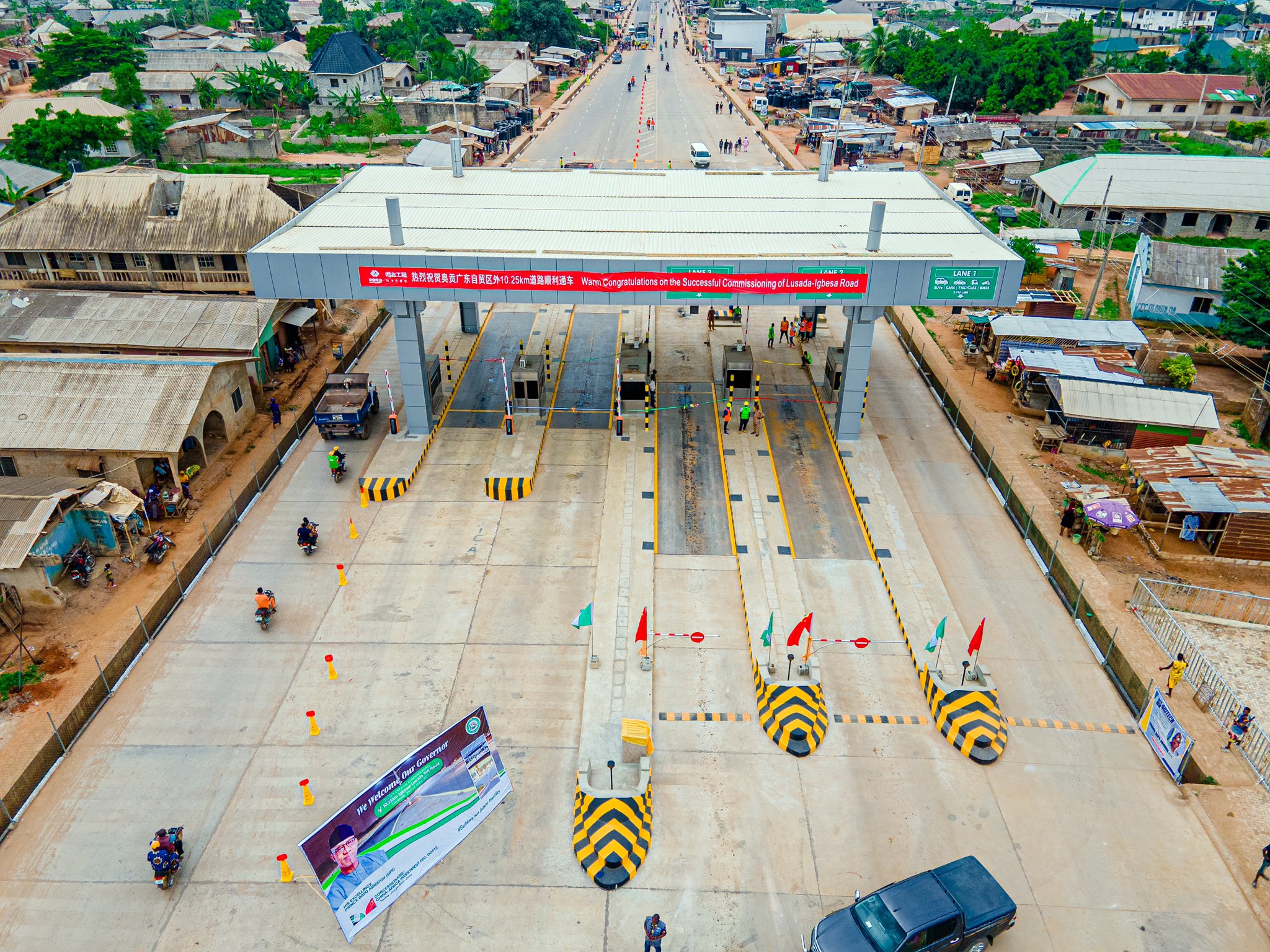
Experts have stated that the country’s Free Trade Zones have the potential to generate more than N11.11tn they remitted to the Federation Account as of October 2023.
The Director of the Centre for the Promotion of Private Enterprise, Muda Yusuf, in a chat with The PUNCH, believed that the free zones could perform better than the record they had disclosed.
He said Nigeria’s high need for foreign exchange meant the country needed to leverage its free zones to boost the non-oil export revenue and ease dependence on crude oil export earnings.
“They should try to do more because we are still heavily dependent on oil and gas for our foreign exchange earnings and we need to see more investments in that area. In many other advanced countries, it is their free trade zones that they use to generate foreign exchange and attract investments,” the CPPE boss stated.
He cited Dubai as an example of a country that was making good use of its free trade zones.
Meanwhile, the Managing Director of Nigeria Export Processing Zones Authority, Olufemi Ogunyemi, in an address to the Senate Committee on Industry, Trade and Investment recently, said the zones had created wealth for the states hosting the zones and generated revenue for agencies.
Ogunyemi said agencies, including the Nigeria Customs Service generated N59.38bn, the Immigration Services (N828.7m), and the Nigerian Ports Authority (N8.738bn), while states generated N998m in Pay As You Earn remittances.
The Nigeria Export Processing Zones Authority Act 63 of 1992 establishing NEPZA as a federal agency with regulatory powers was followed by other free zone legislation, including the 1996 Oil and Gas Export Free Zone Decree, 2003 Oil and Gas Free Zone Regulations and other related legislation.
According to the NEPZA MD, Nigeria’s free zones, numbering 46 licensed zones in 2022, have provided 38,429 direct employment jobs and an additional 172,930 indirect jobs as of the end of 2023.
He added that the free zones also brought in foreign direct investment worth $491.8m and local direct investment worth N1.15tn and “scarce Nigeria forex was saved” in the N1.62tn worth of cargo imported from the free zones from 2019 to 2023.
The Vice President of Highcap Securities Limited, David Adonri, said the remittance disclosed by NEPZA was commendable and encouraged the government to use the figures as a marketing tool to inform and encourage more Nigerians to open manufacturing businesses in the free trade zones.
According to Adonri, remittances from free trade zones will escalate in the future as the Dangote Petroleum Refinery, located in the Dangote Industries Free Zone, which is part of the Lekki Free Trade Zone (FTZ) in Ibeju-Lekki, Lagos State, is set to commence petrol supply.
Meanwhile, an Economics Professor at Babcock University, Olusegun Ajibola said the free trade zone remittances as of 2023 showed “something is happening, but it was not a figure to celebrate.”
Ajibola added that the government needed to pay more attention to revenue generation as the zones were established at a cost to the hosts.
The former president of the Chartered Institute of Bankers of Nigeria suggested that the management of the zones work harder to increase their output and called for a review of the 32-year-old NEPZA Act to evaluate the areas that may have posed a challenge over time.













